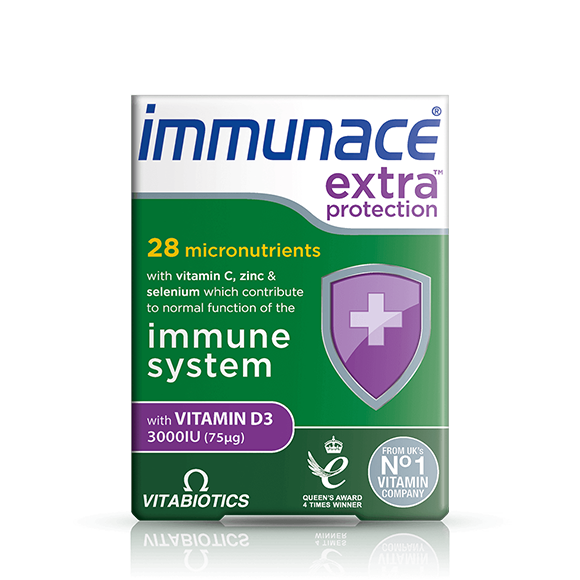Popular Categories
|
Frequently Asked Questions
Beta carotene is a plant pigment from a group of compounds called carotenoids. It gives certain yellow, orange and red fruits and vegetables, such as carrots, their colour.
The body converts beta carotene into vitamin A, a fat-soluble vitamin that has a wide range of benefits within the body.
Carotenoids are a colour group of compounds that bring a bright range of colour to our world. These include astaxanthin, which gives flamingos their pink colour, to beta carotene, which makes carrots orange, and lycopene which gives tomatoes their red colour.
There is not a specific recommendation for daily beta carotene consumption. The closest comparison would be to look at daily vitamin A requirements, as beta carotene is converted into vitamin A within the body. The NHS recommends that the amount of vitamin A adults aged 19 to 64 need is:
-
700 µg a day for men
-
600 µg a day for women
Beta carotene is not vitamin A (retinol), however the body does convert beta carotene into vitamin A.
Beta carotene foods include brightly coloured fruits and vegetables, such as carrots, mangos, apricots and butternut squash. It’s generally assumed that the brighter the colour, the more beta carotene the food contains.
Beta carotene gives many fruits and vegetables their bright colours. Beta carotene is converted by the body into vitamin A.






